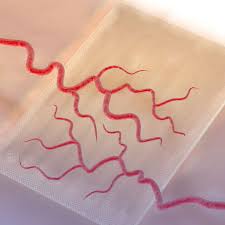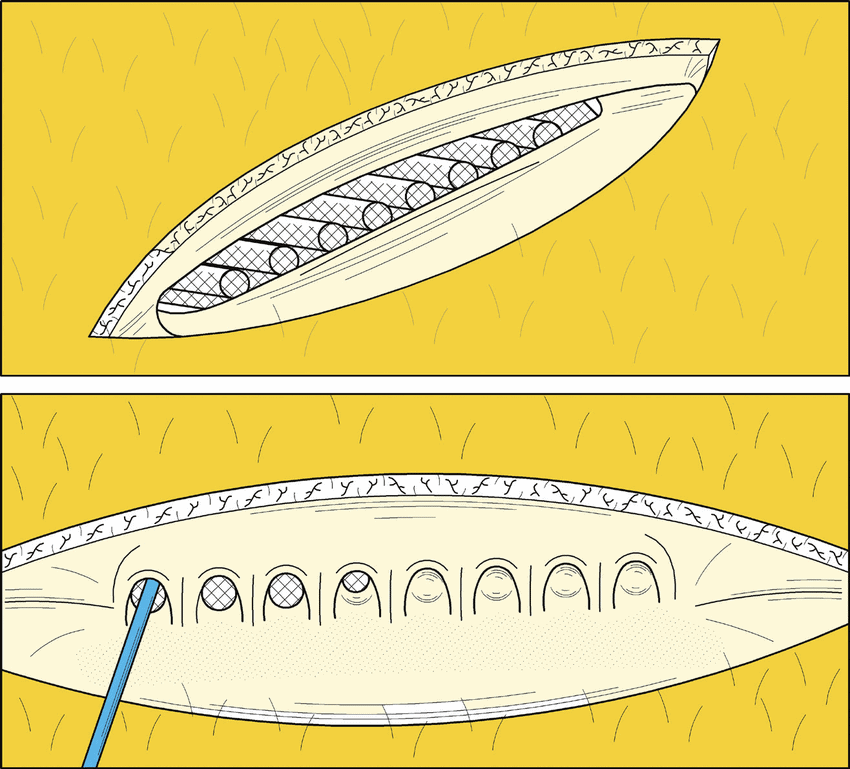
Following the release of new data on a core offering, Research Capital analyst Andre Uddin remains upbeat about the prospects of Sernova (Sernova Stock Quote, Chart, News, Analysts, Financials TSX:SVA).
On September 29, Sernova presented what it described as “compelling new data” on its Cell Pouch system, a potential treatment for postoperative hypothyroidism at the 2023 American Thyroid Association meeting in Washington, D.C.
Postoperative hypothyroidism refers to the development of hypothyroidism (an underactive thyroid gland) after undergoing surgery, especially surgery related to the thyroid gland. Hypothyroidism is a condition in which the thyroid gland does not produce enough thyroid hormones. These hormones play a crucial role in regulating the body’s metabolism, among other functions.
“Currently, thyroidectomy patients are bound to lifelong thyroid hormone replacement therapy. A significant subset of those patients grapple with persistent symptoms of thyroid dysfunction, including weight gain, fatigue, depression, memory and cognitive impairment, negatively impacting their quality of life,” said CEO Cynthia Pussinen. “With Sernova’s Cell Pouch system, we aim to improve quality of life with a treatment for postoperative hypothyroidism. These new data replicate a human clinical scenario in which thyroid tissue is reimplanted into the patient, via the Cell Pouch, leading to the restoration of normal thyroid function. Sernova is assessing the commercial opportunity and pathways for accelerated development of the thyroid program.”
In a research update to clients October 5, Uddin maintained his “Speculative Buy” rating and one-year price target of $3.50 on Sernova, implying a return of 332.1 per cent at the time of publication.
“Sernova released strong interim data from the first cohort (8 chamber Cell Pouch System) of the ongoing Phase1/2 study for T1D,” Uddin said. “Impressively, from this 1st cohort, 5 out of 6 achieved insulin independence with one for as long as 3.5 years. All 6 patients achieved HbA1c level below diabetic range (<6.5%). The initial safety profile remains clean, and none of the patients requested removal of the Cell Pouch with minimal discomfort even for a young patient (12 yrs old). No serious adverse effects were reported." "We remain bullish with the strong initial data on the company's lead T1D cell therapy candidate, scalable Cell Pouch System platform, strong Q3 cash position, and strategic appointment of new CEO and CBO," Uddin added.




 Share
Share Tweet
Tweet Share
Share




Comment